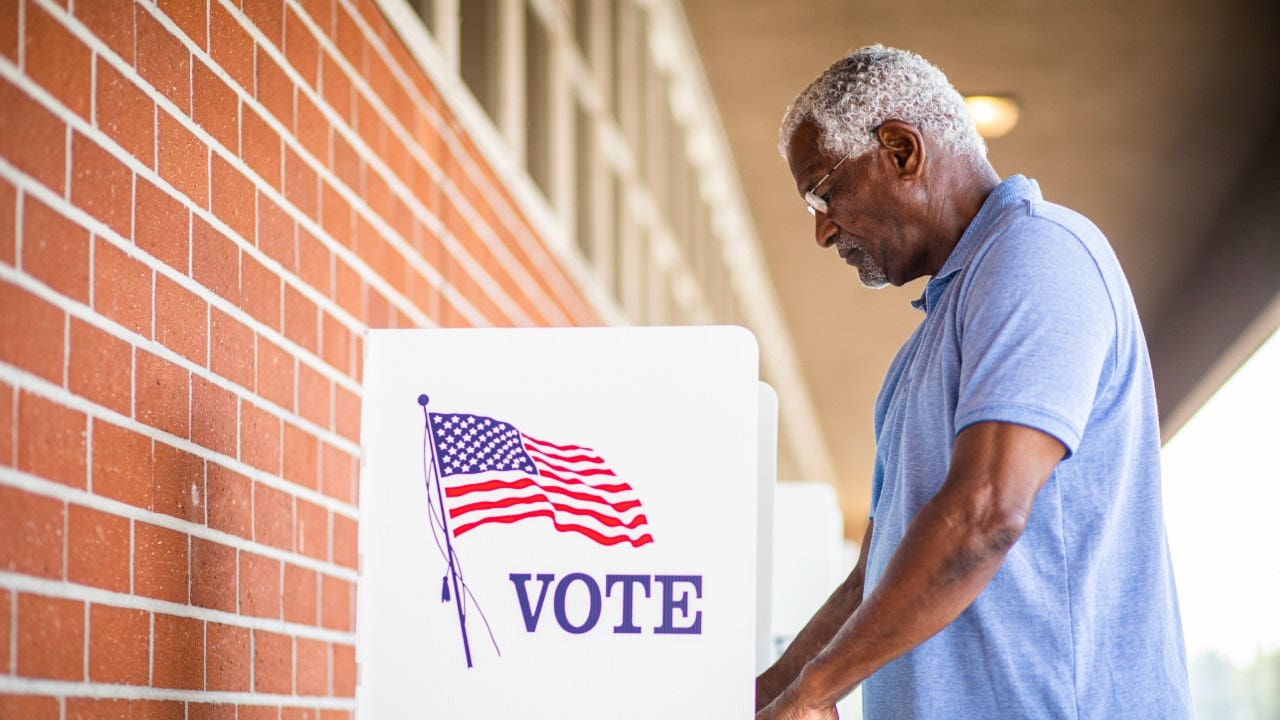As the November 4 election approaches, seniors and retirees face an increasing risk from scammers who are exploiting public voter registration data to carry out sophisticated election-related fraud. Pete Nicoletti, chief information security officer at cybersecurity firm Check Point, recently warned Fox News Digital that these scams, some even incorporating artificial intelligence (AI), are targeting older Americans with alarming effectiveness. Understanding how these fraudsters operate and taking proactive steps to protect personal information and voting rights is crucial for seniors and their families in this election season.
### How Scammers Exploit Public Voter Registration Data
Every U.S. state maintains voter registration lists that include personal details such as names, addresses, ages, and voting histories. These lists are designed to ensure election transparency but are often made accessible online or sold in bulk to data brokers. These brokers aggregate the information with other publicly available or breached data, creating detailed profiles of voters. When scammers have access to such comprehensive personal information, they can craft highly convincing and targeted scams.
Seniors, in particular, are vulnerable because they may not be aware that their voter information is publicly accessible. This lack of awareness makes fraudulent messages appear more credible, increasing the likelihood that retirees will inadvertently disclose sensitive information, donate to fake political causes, or even have their vote manipulated or stolen.
### Common Election Season Scams Targeting Seniors
Fraudsters use a variety of tactics to deceive voters. One common scam involves calls, texts, or emails falsely claiming that a voter’s polling location has changed. These messages often include links to fake websites designed to harvest Social Security numbers, identification documents, or other personal details under the guise of “confirming eligibility.” In some states where voter ID is required, scammers impersonate election officials, insisting that a voter’s ID is outdated and requesting uploads of personal documents—information that then falls into the hands of criminals.
Another prevalent scam targets seniors who are politically engaged or generous with donations. Criminals set up fake political donation sites with names closely resembling legitimate campaigns. By appealing to retirees’ sense of civic duty or generosity, these scams trick victims into contributing money that goes directly to fraudsters.
Additionally, because many seniors vote by mail, scammers send emails offering to help track ballots or assist with voting requests. These messages often contain malicious links or requests for personal data, which can be exploited to commit identity theft or voter fraud.
### The Role of AI in Modern Scams
According to Nicoletti, AI technology has begun playing a role in these fraudulent schemes, enabling scammers to personalize and automate their attacks more effectively. AI can analyze the vast amounts of voter data available and generate messages that sound eerily authentic. This makes it harder for recipients to distinguish between legitimate communications from election officials and malicious attempts to steal information.
### How to Protect Yourself and Your Loved Ones
Protecting retirees from election-related scams involves both awareness and practical action. Here are several key steps seniors and their families should take:
1. **Limit Personal Data Exposure** The single most effective way to reduce scam risk is to minimize the amount of personal information available online. This can be challenging because voter data is public, and data brokers actively collect and distribute it. While it is difficult to manually contact every data broker to remove your information, specialized data removal services can automate this process. These services send removal requests to hundreds of sites and continuously monitor to prevent your data from reappearing. Although they cannot guarantee complete removal, they significantly reduce the chances that scammers have enough information to target you.
2. **Verify Election Information Through Official Channels** If you receive a message about polling locations or voting requirements, do not click on any links or provide personal information. Instead, call your local election office directly or visit the official state election website to confirm details. Many states offer secure online ballot tracking through official portals—use these rather than third-party services to avoid exposure.
3. **Be Suspicious of Urgent or Threatening Messages** Scammers often create a sense of urgency to pressure victims into quick action. Any message demanding immediate verification of personal information or threatening consequences for not responding should be treated with skepticism.
4. **Consider a Credit Freeze** Because scammers may use voter data to impersonate individuals and open fraudulent credit accounts, seniors who do not frequently apply for new credit can benefit from placing a credit freeze on their files. This restricts access to credit reports and helps prevent identity theft.
5. **Donate Only Through Official Websites** For

